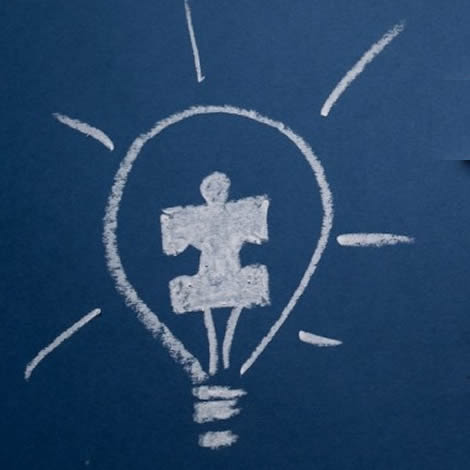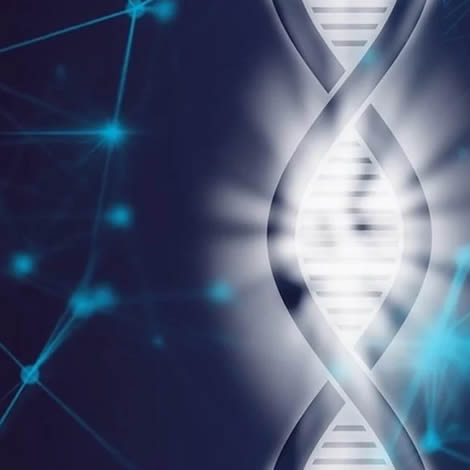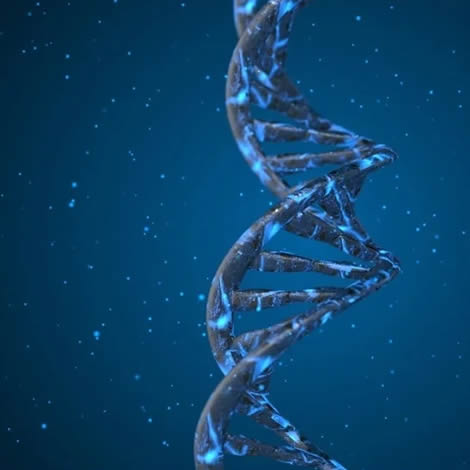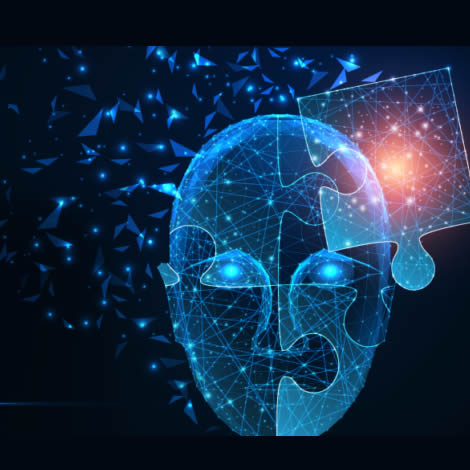There's a myth that everyone is a little bit autistic. But that's just not true. Everybody has autistic traits and everybody presents autistically at different times to a certain extent, but you're only autistic if your brain is built in that way. This is a common misconception.
With so many myths surrounding autism, it is not surprising that many autistic people describe feeling misunderstood and misrepresented
When people begin grasping at straws to try to create their own understanding of autism, myths can become widespread. Promoting accurate information about autism is essential for greater acceptance and understanding. Awareness of autism is growing, but there is still a lot of confusion around what autism is, what causes it and how it affects people in very different ways.
Autism Is Caused By Vaccines
Vaccinations do not cause autism. Autistic children are born with this neurodevelopmental disability, and external factors, such as medicine, do not cause it. There are no studies or records concluding that vaccinations have such an effect.
Autism Is a Childhood Condition
While some of the characteristics of autism may soften over time, autism remains a lifelong condition. While symptoms are most commonly identified in childhood (around 12-18 months), autism can still be diagnosed after age 50.
Only Boys Are Autistic
Autism is not limited to one gender. Boys are more commonly diagnosed, as girls tend to “mask” their symptoms. Girls are also more likely to be misdiagnosed because of the differences in symptom presentation between girls and boys, which leads to a higher statistic of diagnosed males. This ratio is about 5:1.
Autism Is Caused By Bad Parenting
“Bad parenting” does not cause autism. While varying parenting styles can affect mental health, it cannot create a developmental condition like autism. Before modern autism research was developed, doctors in the 1960s placed the blame on non-nurturing parents. Nicknaming them “refrigerator mothers,” these mothers were described as cold and unaffectionate to their children. With solidified knowledge, it is now known that this is false. Autism is caused by genetics or environmental factors!
Autistic People are Anti-Social
Autistic individuals often struggle with social skills but are not anti-social. In social situations, autistic people may feel overwhelmed due to sensory overload, lack of ability to read social cues, and pressure to interpret emotions and body language. This can be physically and emotionally draining, which may make autistic individuals avoid some social interaction.
Autistics are geniuses or intellectually disabled
Being autistic doesn’t make you some kind of savant: Rain Man was just a film. According to research charity Autistica, around forty per cent of autistics do have a learning disability, but that isn’t caused by autism; it’s a related, but separate, condition, possibly linked to autistic's genetic difference. Many autistic people have learning difficulties, such as dyslexia (trouble with reading and spelling) or dyscalculia (trouble with numbers), but that’s not the same as being intellectually disabled. The majority of autistics are of average intelligence.
Most Autistics cant make eye contact
Most autistic people don’t like making eye contact. It feels too intense for their sensitive and often overloaded brains. But that doesn’t mean autistics aren’t able to do it. Some can, although they may not like it and it’s likely going to be harder – if not impossible – when they’re stressed or upset.
Autistic people are anti-social
Autistic people may need support with social skills or interact differently with the world around them, but most autistic people enjoy having relationships. People show their social difficulties in different ways. Some are quiet and shy or avoid social situations, others speak too much and struggle to have two-way conversations. Unspoken communication can confuse autistic people; they might find body language, tone of voice and sarcasm difficult to read. These challenges can make it difficult to make friends, build relationships or get on at work. Taking time to get to know autistic people and understand their differences in an environment where they are happy makes all the difference
Autism can be cured
Autism is not a disease that can be cured. It is a lifelong neurodevelopmental condition that influences how individuals perceive the world, communicate, and interact with others. Instead of focusing on a cure, the emphasis should be on providing support, interventions, and accommodations to enhance quality of life.







